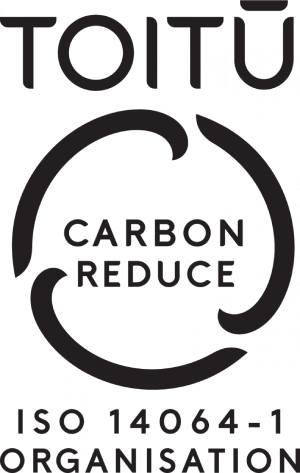LANGHORNE, Professor Patricia Jean (Pat)
For services to Antarctic science
Professor Pat Langhorne is New Zealand’s foremost sea-ice scientist with a specific focus on ice physics and has been travelling to Antarctica on research visits for more than 30 years, primarily through the New Zealand Antarctic Programme in the Ross Dependency.
Professor Langhorne was a key researcher on an experiment examining the strength of sea ice as part of the Sea Ice and Southern Ocean Processes Programme in 1985, the research results of which scientifically supported the use of sea ice runways for large aircraft, a vital aspect of New Zealand Antarctic operations. In the 2000s she twice convinced Antarctica New Zealand to allow scientific teams to ‘winter over’ at Scott Base and her three-person teams undertook research on sea ice formation in situ during the entire winter seasons. In 2015 she took up leadership of the sea ice observation component of one of New Zealand’s National Science Challenges, the Deep South, seeking to determine high latitude climate impacts on New Zealand. She has had a long and successful record of bringing together international scientific teams to work in the Ross Sea region and has supervised PhD and Masters students who have gone on to contribute to Arctic and Antarctic science. She has published extensively on the mechanical properties of sea ice under cyclic loading and its break-up by ocean waves, on the accretion and properties of frazil ice beneath the McMurdo fast ice, and other aspects of sea ice and ice shelves. Professor Langhorne chaired International Association for Hydro-Environment Engineering and Research from 2008 to 2014, during which time she was chief editor of the Cold Regions Science and Marine Technology volume of UNESCO’s Encyclopaedia of Life Support Systems.
LEACHMAN, Mr Andrew
Posthumous. Deceased 16 September 2017.
For services to New Zealand's Antarctic maritime capabilities and scientific research
Mr Andrew Leachman was a Master Mariner with more than 55 years of seagoing experience and has been regarded as one of New Zealand’s most experienced and respected Antarctic navigators.
Mr Leachman was one of two Masters of the Ministry of Agriculture and Fisheries (Fisheries Research Division) vessel James Cook from 1973 until 1991 and then Master of the National institute of Water and Atmospheric Research (NIWA) vessel Tangaroa from 1995 until 2010. His time in command of these two vessels saw him operate extensively around New Zealand and in the Antarctic waters of the Southern Ocean in support of significant national and international marine research programmes. He had input into the design of Tangaroa and from 2000 to 2010 he commanded the vessel on all eight of NIWA’s Antarctic and Southern Ocean marine research expeditions, which facilitated the completion of extensive and ground-breaking biodiversity and habitat research and hydrographic and seismic surveys. He developed an in-depth knowledge of operating an ice-strengthened vessel in the challenging conditions of the ice-covered Antarctic waters of the Southern Ocean. During these voyages he trained and mentored his crew to ensure NIWA would retain its Antarctic patrol and research capability after his retirement. He joined the New Zealand Defence Force as an ice navigation consultant in 2011. He applied his knowledge to help the Royal New Zealand Navy establish and sustain its new Antarctic maritime patrol and response capability. Mr Leachman coached and mentored Offshore Patrol Vessel command teams through seven successive Southern Ocean patrols, helping to bridge a Southern Ocean knowledge gap within the Navy. The RNZN as a result is now safely and successfully providing New Zealand with a physical maritime presence in the Ross Sea and an improved ability to meet its strategically important international Antarctic resource protection and maritime security responsibilities.

